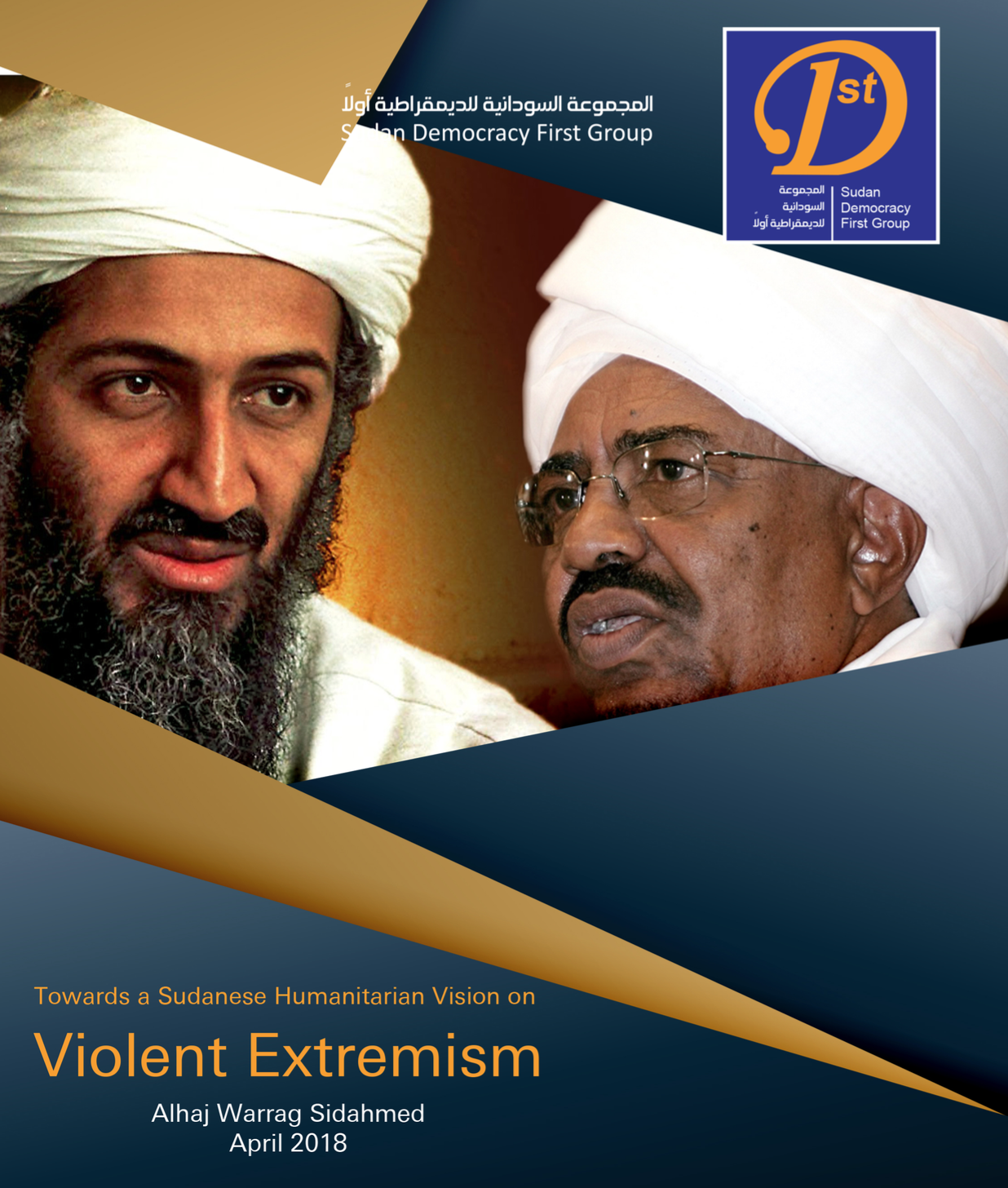Sudan, Terrorism, and Islam: Thoughts of a Sudanese Intellectual and Journalist in Exile
Eric Reeves | April 19, 2018
“Toward a Sudanese Humanitarian Vision on Violent Extremism,” by Alhag Warrag Sidahmed, Sudan Democracy First Group, April 2018 | http://www.democracyfirstgroup.org/wp-content/uploads/2018/04/Towards-a-Sudanese-Humanitarian-Vision-on-Violent-Extremism-Final.pdf
Alhag Warrag Sidahmed, editor of al-Hurriyat and 2012 recipient of the Oxfam/PEN Award, given to writers and journalists defending freedom of expression, provides in “Toward a Sudanese Humanitarian Vision on Violent Extremism” a deeply insightful and richly informed analysis of Islam, “radicalization,” and terrorism, with particular focus on his native Sudan. His understanding of the history and traditions of Islam make this an unusually important contribution to current discussions of international terrorism, as well as the history of Sudan’s involvement in terrorism since the National Islamic Front (now the National Congress Party) came to power by military coup in June 1989, twenty-nine years ago. Warrag brings that history fully into the present.
The history he so authoritatively traces has been distorted by Western countries now more interested in seeking rapprochement with Khartoum in an effort to secure its cooperation in stemming the flow of African migrants to the European continent (or in the case of the U.S., seeking a counter-terrorism relationship with the regime).
His chilling conclusion needs to be taken seriously by those who are so eager to see the Khartoum regime in more benign fashion.
The experience of the ruling regime in Sudan confirms that maintaining power is its urgent and top priority, and to realize this objective, it has always been prepared to make compromises with regard to its support to terrorism abroad. After September 11, the Sudanese regime engaged in counterterrorism cooperation with US and other Western and regional intelligence agencies, which led to handing over terrorists and information to them. However, regardless of the limits and nature of this cooperation, it is carried out in the interests of maintaining the regime’s survival and authority. In the final analysis, the government is relinquishing support for terrorism abroad in order to continue terrorizing the Sudanese people.
